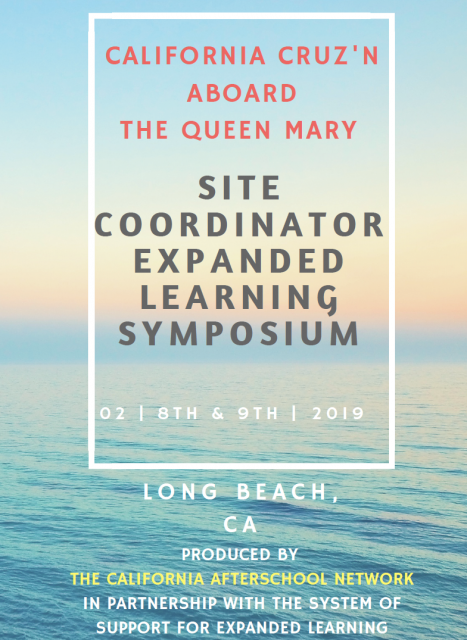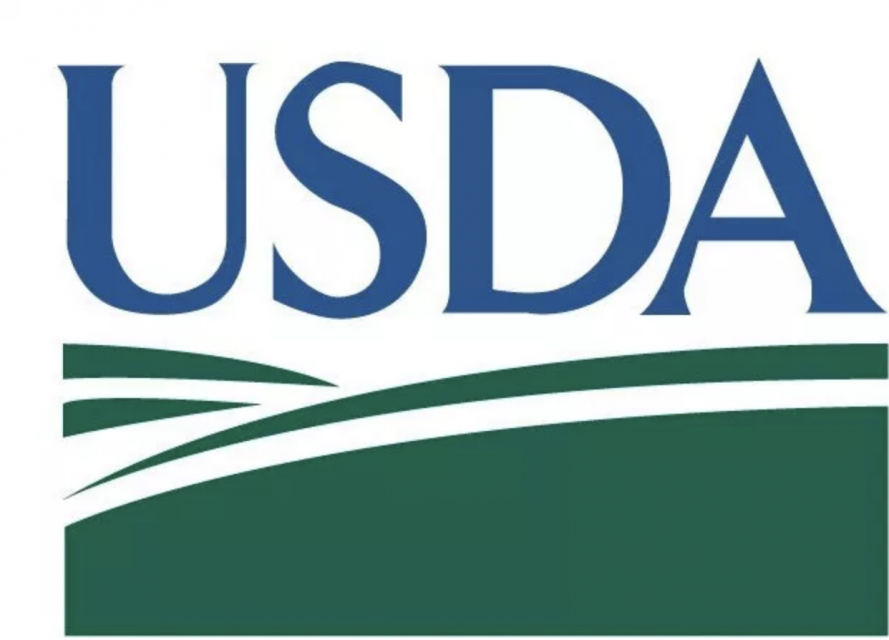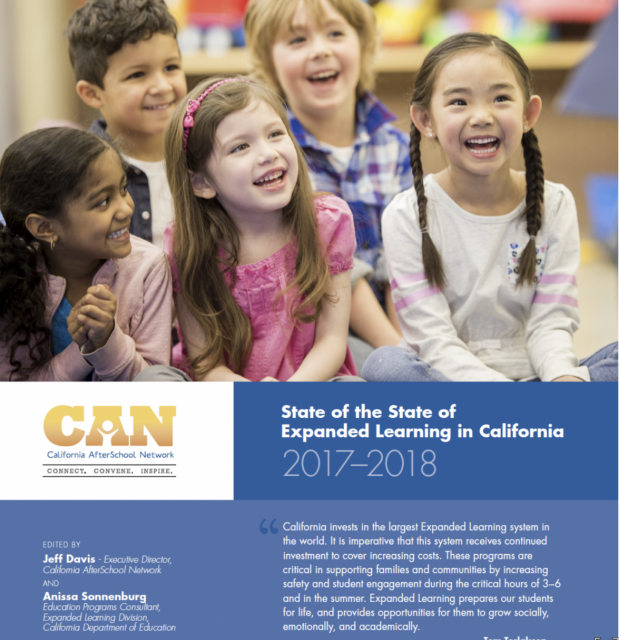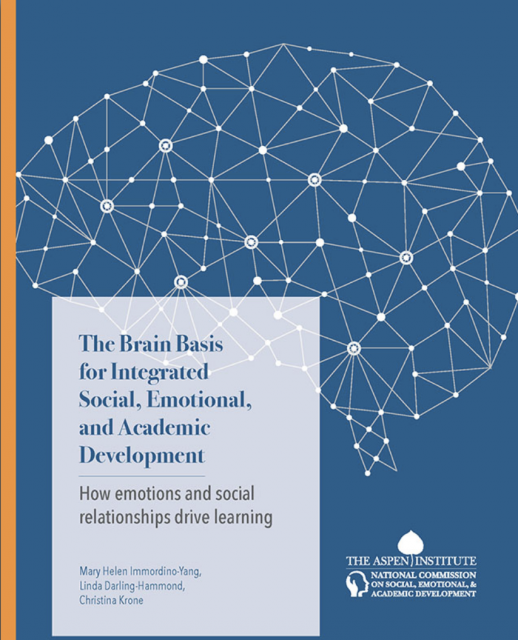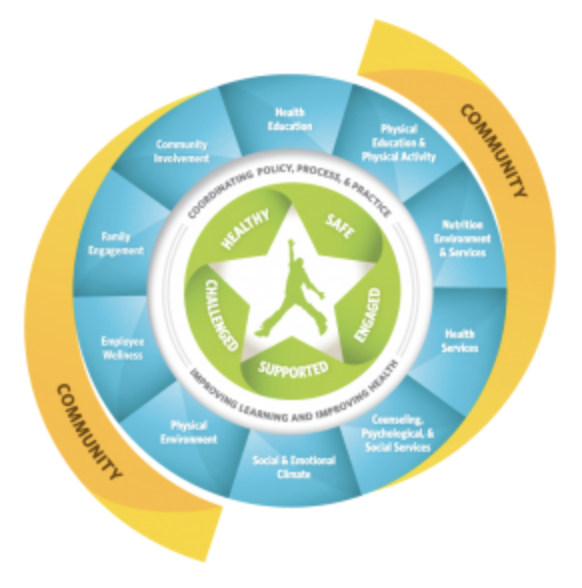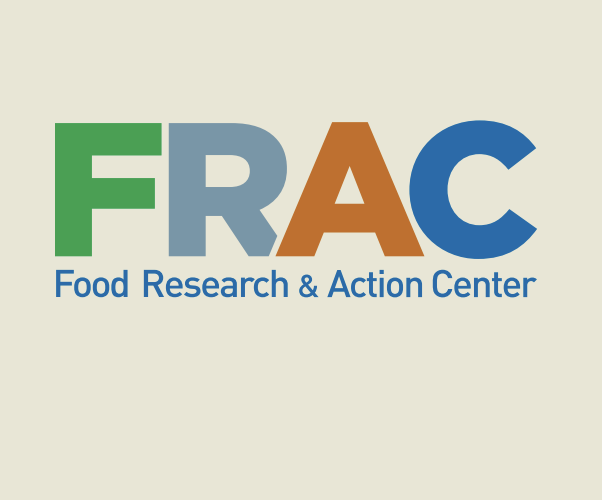NuPA Newsletter – Happy New Year!
January 2019
2019 is here, and lets kick it off with a fresh start. Make 2019 a year of action for your family, community, and self. With the American Heart Association’s help, you can make a Resolution That Will Make a Difference in Your Community! Get your friends and colleagues in on the action! Send them the link to the CAN NuPA newsletter webpage where they can access current and past newsletters and sign up to receive future action team correspondence to help advance health and wellness in their community!
Items included in this newsletter
SSPI Tony Thurmond’s Plan for the Future
On Monday, January 7th 2019, Thurmond was sworn in as the new State Superintendent of Public Instruction (SSPI). Thurmond has a wealth of experience as a social worker and politician, and has been a major champion and supporter of California’s youth and after school. In his plan, Make California’s Public Schools the Best in the Nation, Thurmond outlines providing school-based services for all students, like meals in the summer, physical education, and an emphasis on after school programs.
Nutrition and Physical Activity Workshops at the SC Symposium!
Plan Ahead! NuPA Content Featured at the Site Coordinator Symposium. We’ve outlined Nutrition and Physical Activity related workshops and presentations during the upcoming Site Coordinator Symposium.
Child Nutrition Program to Continue During Federal Shutdown
Despite the Federal shutdown, Secretary Sonny Purdue announces that child nutrition programs including school lunch, school breakfast, child and adult care feeding, Summer Food Service, and Special Milk, will continue operations into February. Click here to learn more about the availability of carryover funding.
The State of the State of Expanded Learning
The Alliance for a Healthier Generation supports after school leaders by providing resources and professional development to create environments and experiences that promote good health and lifelong habits, and has supported 381 out-of-school time programs impacting 40,000 youth.
Food Crediting Update: More Healthy Meal Choices for Your Kids
As of December 12, 2018, the Child and Adult Care Food Program updated the USDA Food Crediting in the Child Nutrition Program to include new food crediting items.
The Aspen Institute: The Brain Basis for Integrated Social, Emotional, and Academic Development
The Aspen Institute’s Commission on Social, Emotional and Academic Development has released the The Brain Basis for Integrated Social, Emotional, and Academic Development . The publication explores how emotions and relationships drive learning and are a fundamental part of how our brains develop. The human brain can evolve, adapt, and form new neural networks based on learned experiences and relationships.
Find a Food Program Sponsor Near You
As a child care provider, it is important to ensure that children are receiving nutritious meals and snack everyday. The Child and Adult Care Food Program (CACFP) provides useful resources for serving nutritious meals and snacks for a healthier tomorrow for our youth.
OST Fosters Positive Environment for Children’s Health
Active and engaged learning benefits can happen beyond the regular school day. According to the Centers for Disease Control and Prevention (CDC), Out-of-School Time (OST) enhances children’s well-being and academic achievement by providing an additional safe and nurturing environment for children to learn and play. Visit the Whole School, Whole Community, Whole Child (WSCC) model to learn more.
After School Supper: A Snapshot of Participation
The Food Research & Action Center (FRAC) releases an annual report detailing how many children receive quality after school and summer meals programs. The 2018 Afterschool Nutrition Report examines the impacts of trends and policies by comparing state and national findings of October 2017 to October 2016 program participation.




